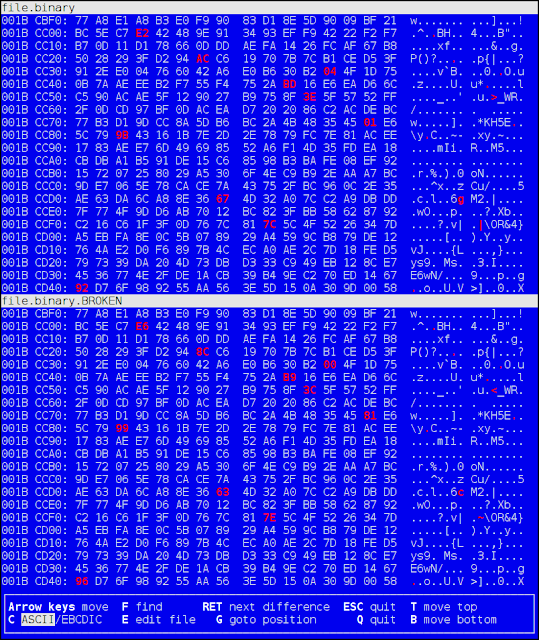On the future of pointless jobs and the robot revolution
Below are my thoughts about this problem.
If productivity go ridiculously high (one person with bunch of machines can produce absurdly big amount of products), then we can switch to almost planned economy. The government will use the tax money to buy robots and pay for engineers to care for those robots, and this way will produce food, shelter, clothing, etc for the "needy" people.
Of course, the planned economy is inefficient. But if the technology is ridiculously productive, this high productivity will compensate the bureaucratic inefficiency.
If you are "rich" - you will buy from private entities. If you are poor - you will use the products and services provided by the government. Many people, for ideological reasons (or because they don't want to be labeled "losers", "poor"), will refuse to take free food from the government. They will work and will pay to private entities for products and services.
It will be wrong to switch entirely to pure planned economy. Mixed economy is better than planned.
Also, if productivity is such high, charities will afford to buy machines to produce products and services for the "needy". So, there will be competition between government charities and private charities.
With increasing efficiency of the machines, charity will become more feasible! Several "super rich" will fund charity, that can feed entire world's population.
* * *
Nowadays, there are many people that make several average salaries, but still work 8 hours per day, 5 days per week.
It is difficult to explain why they are not reducing their work hours. They can afford to work less (if they do not perform conspicuous consumption and do not buy unnecessary products and services).







Because they prefer more money instead of more free time?
ReplyDeleteInteresting thoughts on what I was discussing. Thanks for sharing!
ReplyDeleteI think what you suggest is one particular possibility of where we could go from here. It's certainly less grim than what I was considering. The economic realities of that kind of future are difficult to consider considering our entire economy would be affected (likely there would be huge changes in how currency is used, or if currency is used, for instance) and the labour force. Really, most of this comes down to how humans are treated when compared to robots, and if they will be treated differently at all.
"It is difficult to explain why they are not reducing their work hours. They can afford to work less."
- Well it's interesting to note how working long hours is still celebrated by society, despite how much the economy has grown, and despite the ability to sustain ourselves on shorter hours (when compared to previous centuries in particular). I think on a small-scale, individual decision basis maybe people find justifications. But on a long-term historical view, it's senseless.